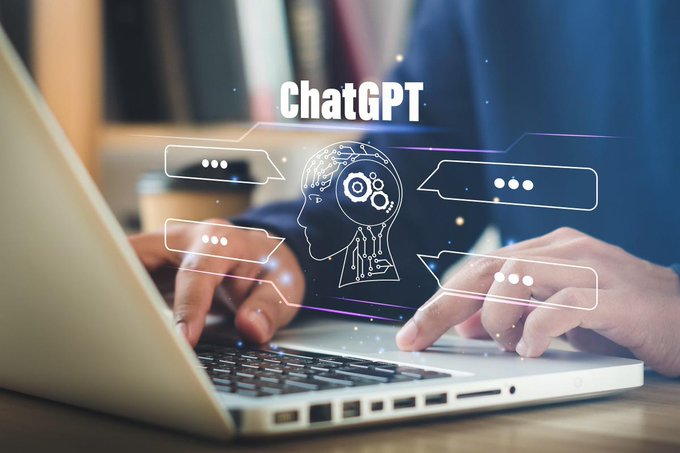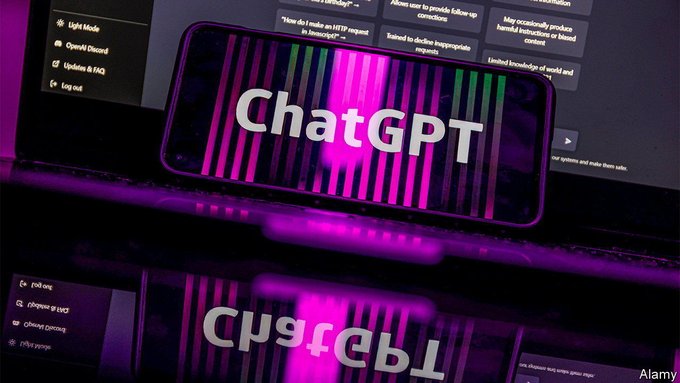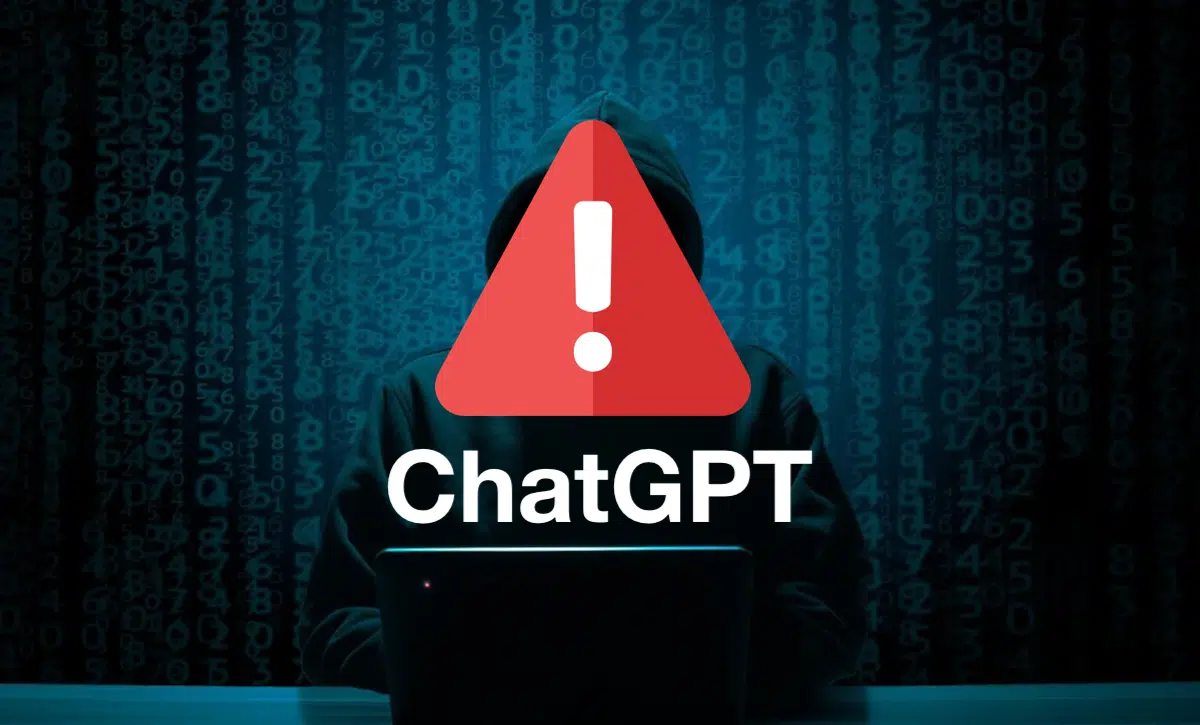If the startup OpenAI is feeling protective about its brand lately, it’s understandable. ThreatGPT, MedicalGPT, DateGPT and DirtyGPT are a mere sampling of the many outfits to apply for trademarks with the United States Patent and Trademark Office in recent months.
All are piggybacking off the stunning popularity of ChatGPT, the chatbot rolled out in November by OpenAI that itself is built off the company’s deep learning model, the latest release of which, GPT-4, was rolled out last month.
Little wonder that after applying in late December for a trademark for “GPT,” which stands for “Generative Pre-trained Transformer,” OpenAI last month petitioned the USPTO to speed up the process, citing the “myriad infringements and counterfeit apps” beginning to spring into existence.
Given the rest of the queue in which OpenAI finds itself, that means a decision could take up to five more months, says Jefferson Scher, a partner in the intellectual property group of Carr & Ferrell and chair of the firm’s trademark practice group. Even then, the outcome isn’t certain, Scher explains.
Certainly, he says, OpenAI has plenty of reasons to expect that it will be able to secure the patent. We asked him, for example, if OpenAI might face resistance given that the “T” in GPT stands for “Transformer,” which is the name of a neural network architecture that researchers at Google first unveiled in 2017 and that has come into wide use. “Can GPT be a brand even if it has a very descriptive origin?” asks Scher. It can, he says, pointing to IBM, short for International Business Machines, as just one instance of a brand having a descriptive origin, even if the description is weak. That’s “no guarantee [OpenAI] could end up owning [GPT],” Scher adds, but such precedents help.
Mots-clés : cybersécurité, sécurité informatique, protection des données, menaces cybernétiques, veille cyber, analyse de vulnérabilités, sécurité des réseaux, cyberattaques, conformité RGPD, NIS2, DORA, PCIDSS, DEVSECOPS, eSANTE, intelligence artificielle, IA en cybersécurité, apprentissage automatique, deep learning, algorithmes de sécurité, détection des anomalies, systèmes intelligents, automatisation de la sécurité, IA pour la prévention des cyberattaques.






